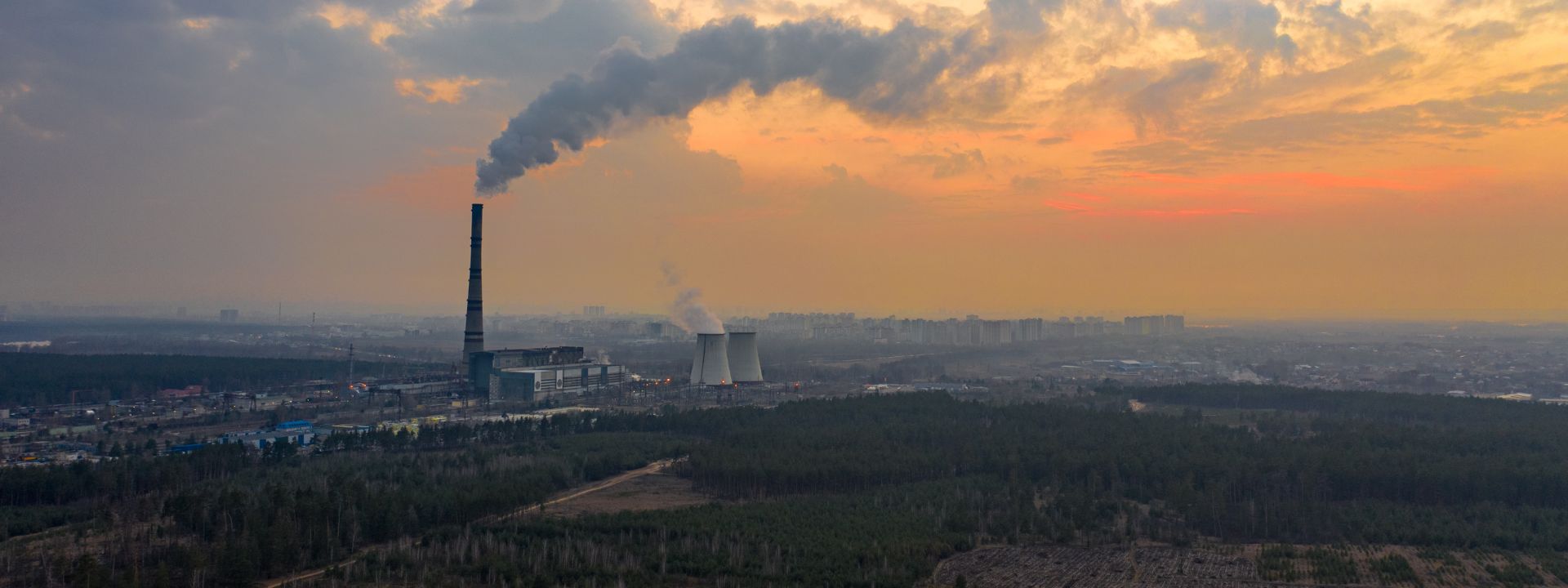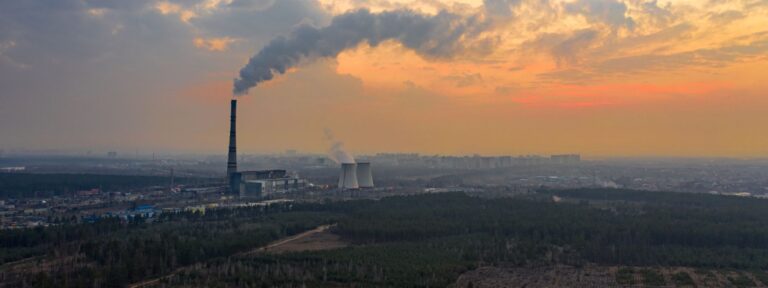
8 billion people in the news
We’re not sure the population issue has ever been quite so front-and-centre in the media as it was on 15 November this year, the day the 8 billionth human alive was born. Some of the coverage was positive, some negative, but importantly there was conversation, and Population Matters contributed to much of it. Now the dust has settled, Digital and Communications Manager Ben Stallworthy gives a lowdown of the day.
On 15 November, the symbolic 8 billionth baby was born in Manila in the Philippines.
The narrative in the lead-up to the day was largely propelled by the UN and its messaging of “8 billion opportunities”, with the United Nations Population Fund (UNFPA) celebrating #8BillionStrong.
8 billion hopes. 8 billion dreams. 8 billion possibilities. Our planet is now home to 8 billion people.”
The UN
Of course, each and every person alive should be celebrated and this milestone undoubtedly speaks to significant advancements in health, fewer early deaths and longer life expectancy. But the nature of their upbeat message does not reflect reality for everyone, something explored powerfully by PM’s Florence Blondel in her piece, Do we really have 8 billion opportunities?.
I’m not naturally a pessimist, but I wouldn’t say I like the hypocritical flowery language around the 8 billion people milestone when we have already stunted billions of human lives, particularly young girls and women.“
Florence Blondel, PM Consultant
8 Billion Day
At Population Matters, we have been planning for Tuesday the 15th of November ever since it was announced as “8 Billion Day” in the summer. As you can imagine, when it came it was an extremely busy day. Not only were staff members kept on their toes with media requests, but we also flew our Big Baby in Cardiff to promote our small families campaign.

Having spent the morning with Big Baby speaking to passersby, PM Director Robin Maynard then rushed to the BBC Wales studio to do two national radio interviews in the UK: with Jeremy Vine on Radio 2 and in a discussion with Stephanie Hegarty, Global Population Correspondent at the BBC, on Nihal Arthanayake on Radio 5.
We also featured on LBC Radio, Scotland Tonight and the Turkish global TV channel TRT (video here), where Robin debated the population issue opposite Max Lawson of Oxfam.
While “8 billion” was all over the TV and radio on the day, we were already contributing to media coverage and the public discussion in advance, and then through the rest of November. In fact, our activity generated a total of 273 global media stories featuring us between 7-17 November.
Our Crisis Point: the world at 8 billion briefing released in advance of the 15th put us in the media’s eye, with correspondents from France and Germany among others seeking comment. Robin had several letters featured in the national press, including The Telegraph, The Sunday Times and the Independent, which we have posted to our website here.
Already, we use more of our planet’s natural resources than it can renew each year –1.8 planet’s worth. Only possible because some of us take more than our fair share – our ecological footprint in the UK makes us equivalent to a nation of 10-tonne King Kongs stomping about! The UN projects our population will increase to 9.7 billion by 2050. More people demanding, needing, and deserving more of our planet than it can sustainably provide.”
Robin Maynard, PM Director
We also had an opinion piece published in the New Scientist entitled Tackling population growth is key to fighting climate change and a substantial interview featured in the Independent, What does a global population of 8 billion mean for the planet?.
Other noteworthy articles that are well worth reading were John Vidal’s It should not be controversial to say a population of 8 billion will have a grave impact on the climate in the Guardian and Why is nobody willing to say the ‘P’ word? by Donnachadh McCarthy in the Independent. Both robustly challenged the narrative that population was unimportant or a distraction.
The generations-long argument between those who uniquely blame overpopulation and those who maintain that consumption is the biggest contribution to the climate emergency must be ditched.”
John Vidal
What’s next?
Now the commotion has died down, do things just go back to business as usual? To a large extent, yes. Population is not a subject featured often in the media, and without the symbolic “hook” of eight billion people, coverage will be more sparse. However, the day was a unique opportunity to bring the population case to people all over the world, and Population Matter did so. We have no doubt that minds were opened and sometimes changed by the coverage we generated.
Clearly, though, the celebratory or complacent tenor of much of the coverage overall shows there is much still to do. We all (everyone reading this) have a responsibility to keep campaigning, keep talking and keep engaging with people so they understand the issues, the facts and the positive things that can be done. We have to keep the population conversation going, to enact real change and, ultimately, protect the planet and our future.



